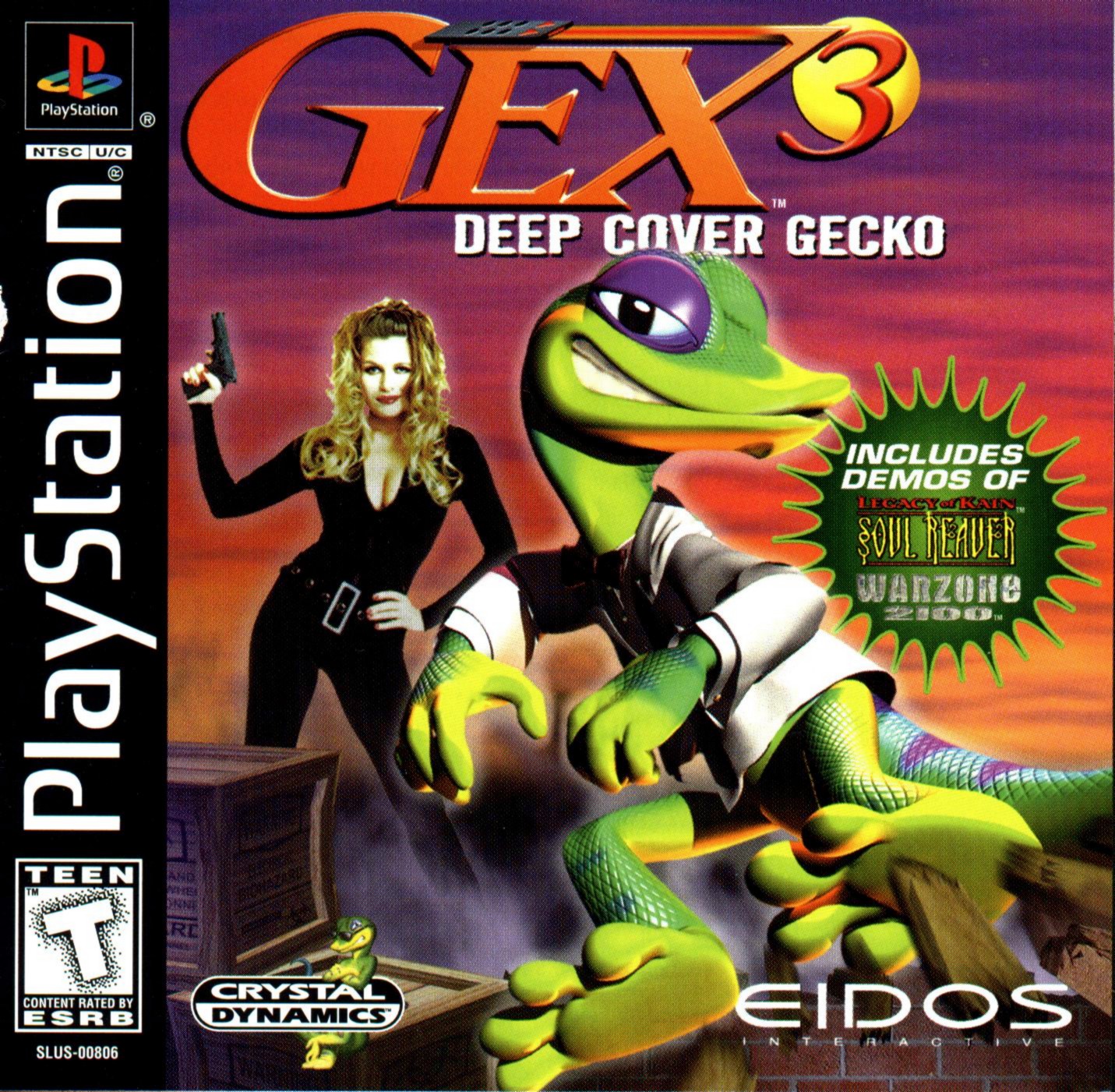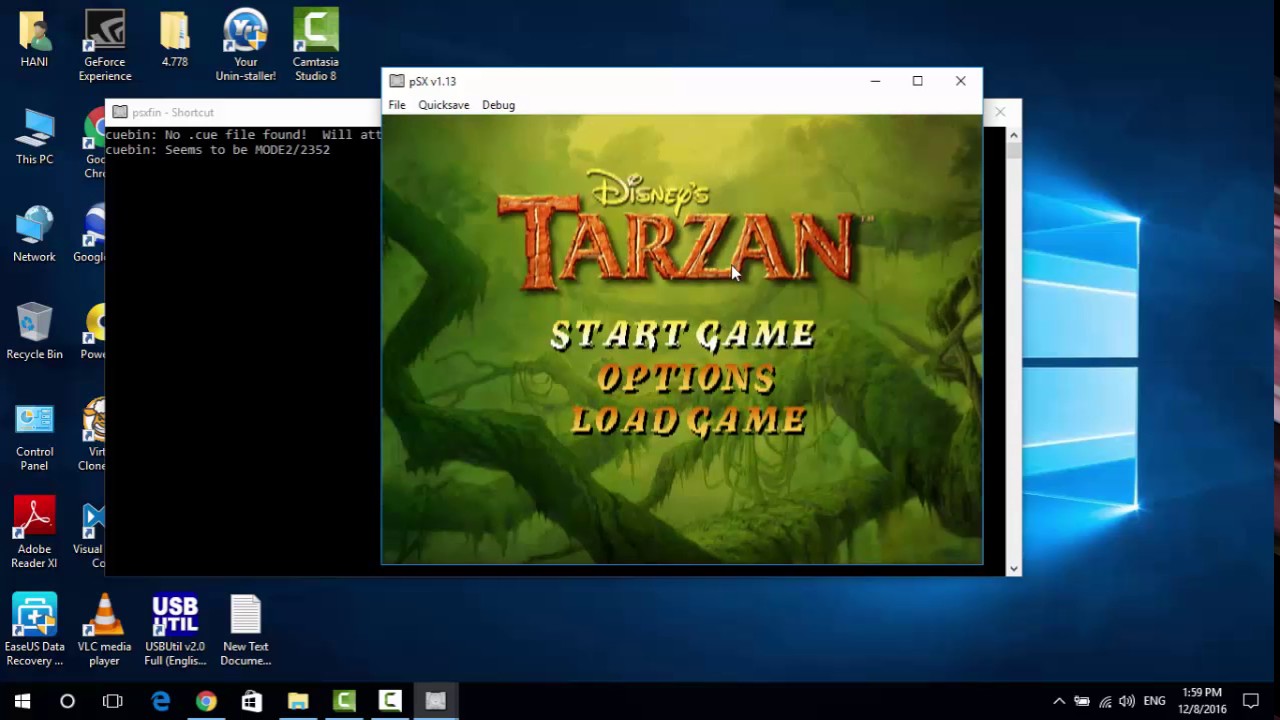
For example, if you have Minecraft you would have a folder named ‘Minecraft’ in the ‘disc’ folder.

All compressed files should be uncompressed under the ‘dev_hdd0/disc’ folder under its own folder with a name.
Playstation 3 mac emulator iso#
ISO files and other compressed files will not work. Restart the program again and it should create all of the necessary folders to continue. Once the folder is set up you can click ‘Okay’ and then close the RPCS3 application. The second tab allows you to set up the first Hard Disk (dev_hdd0). Click ‘Add New Directory’ and the locate the proper folder then click ‘Choose’. The designation should be empty but you can set it to be the same folder you placed the RPCS3 application. The first tab that opens is for the ‘$(EmulatorDir)’. On the RPCS3 menu select ‘Manage’ then ‘Virtual File System’.

Setting up a Virtual File System for the game can make things easier overall. Placement of the files may be more important for some people than others. The only reason to not check either would be if you have a Stereo Surround Sound system. You will want to check the ‘Downmix to Stereo’ or if there is audio issues then try ‘Convert to 16-bit’. If it doesn’t work for some reason you can try ‘ALSA’. The ‘Audio Out’ should be set to ‘PulseAudio’ on a Linux system. The rest of the items should pretty well be left alone. The ‘Default Resolution’ is the resolution at which to display the running game. The better the video card the higher the value you can specify without losing performance. Automatic sets the value to the same default value of a PS3. The ‘Anisotropic Filter’ allows you to determine the texture sharpness of the video. If this should happen you can set the Framelimit but realize it can cause a little more overhead. The ‘Framelimit’ option is defaulted to ‘Off’ but some systems can hit high frames/sec and cause it to crash. The ‘Aspect Ratio’ is defaulted to 16:9 but can be 4:3 depending on your monitor. The ‘Graphics Device’ is the card in your system but only used if ‘Vulkan’ is specified. Vulkan is another option which allows you to specify your graphics card with GPUs if you should have an Nvidia or Radeon graphics card. The ‘Renderer’ is how the graphics are managed. The settings here are for the graphics processing. The second tab is the ‘GPU’ tab as shown in Figure 2. If larger options are chosen then the SPU size is increased to lower the number of SPU compiled units. Usually it is best to leave it on ‘Safe’. The ‘SPU Block Size’ can be used to help some performance issues. The ‘SPU Cache’ should remain enabled but can be disabled if the cache becomes too large. ‘Enable SPU Loop Detection’ can be important but in some cases can cause audio stuttering if enabled. ‘Lower SPU Thread Priority’ is only useful on a Core i5 or lower. The ‘Enable Thread Scheduler’ should only be checked on an AMD Ryzen CPU or else it has not use. The ‘Additional Settings’ has more settings which can be changed. This should be a safe default for most games. The ‘Firmware Settings’ should default to ‘Load libv2.sprx only’. If a game should ‘stutter’ you may choose a smaller value. Choosing ‘Auto’ will use the the maximum number of cores. If you have eight cores then you can use any number between 1 and 8. The ‘Preferred SPU Threads’ are the number of cores you want to use.

It may be best to set up the default for as many games as possible and then change specific settings for individual games. Your next step is to set up the default Configuration for the games. Once the Firmware is loaded you are ready to go. A window opens for you to find and select the PUP file. Once you start the program, select ‘File’ and then ‘Install Firmware’. rpcs3-*_linu圆4.AppImage Now you only need to execute the file to start it.


 0 kommentar(er)
0 kommentar(er)
